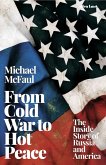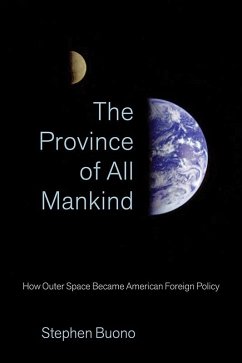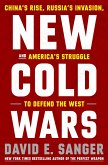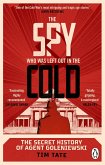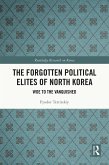From the end of the Second World War to the early 1970s, new paradigms began to form in academic, scientific, and professional knowledge in various disciplines and fields-not only in the United States, but also in East Asia.
Drawing on a wealth of archival documents from East Asia, Knowledge Production in Cold War Asia focuses on the building and rebuilding of these different forms of knowledge in or about East Asia during the first half of the Cold War. It explores how this newly constructed knowledge came to assume certain "norms" professionals and bureaucrats of these countries tried to comply with and sometimes wrestled with. The essays within this collection explore a wide variety of this knowledge production: state-centered promotions of construction and normalization of knowledge; the ways in which non-state actors were involved in the construction and normalization of knowledge; and how individuals and groups who resisted or protested the hegemonic knowledge were constructed by state or non-state actors.
A distinctive look at the Cold War through the research and perspectives of scholars from East Asia, Knowledge Production in Cold War Asia insightfully highlights the role of knowledge production, normalization, and resistance in the Cold War era, contributing to a fuller understanding of international relations.
Drawing on a wealth of archival documents from East Asia, Knowledge Production in Cold War Asia focuses on the building and rebuilding of these different forms of knowledge in or about East Asia during the first half of the Cold War. It explores how this newly constructed knowledge came to assume certain "norms" professionals and bureaucrats of these countries tried to comply with and sometimes wrestled with. The essays within this collection explore a wide variety of this knowledge production: state-centered promotions of construction and normalization of knowledge; the ways in which non-state actors were involved in the construction and normalization of knowledge; and how individuals and groups who resisted or protested the hegemonic knowledge were constructed by state or non-state actors.
A distinctive look at the Cold War through the research and perspectives of scholars from East Asia, Knowledge Production in Cold War Asia insightfully highlights the role of knowledge production, normalization, and resistance in the Cold War era, contributing to a fuller understanding of international relations.
Dieser Download kann aus rechtlichen Gründen nur mit Rechnungsadresse in A, D ausgeliefert werden.




